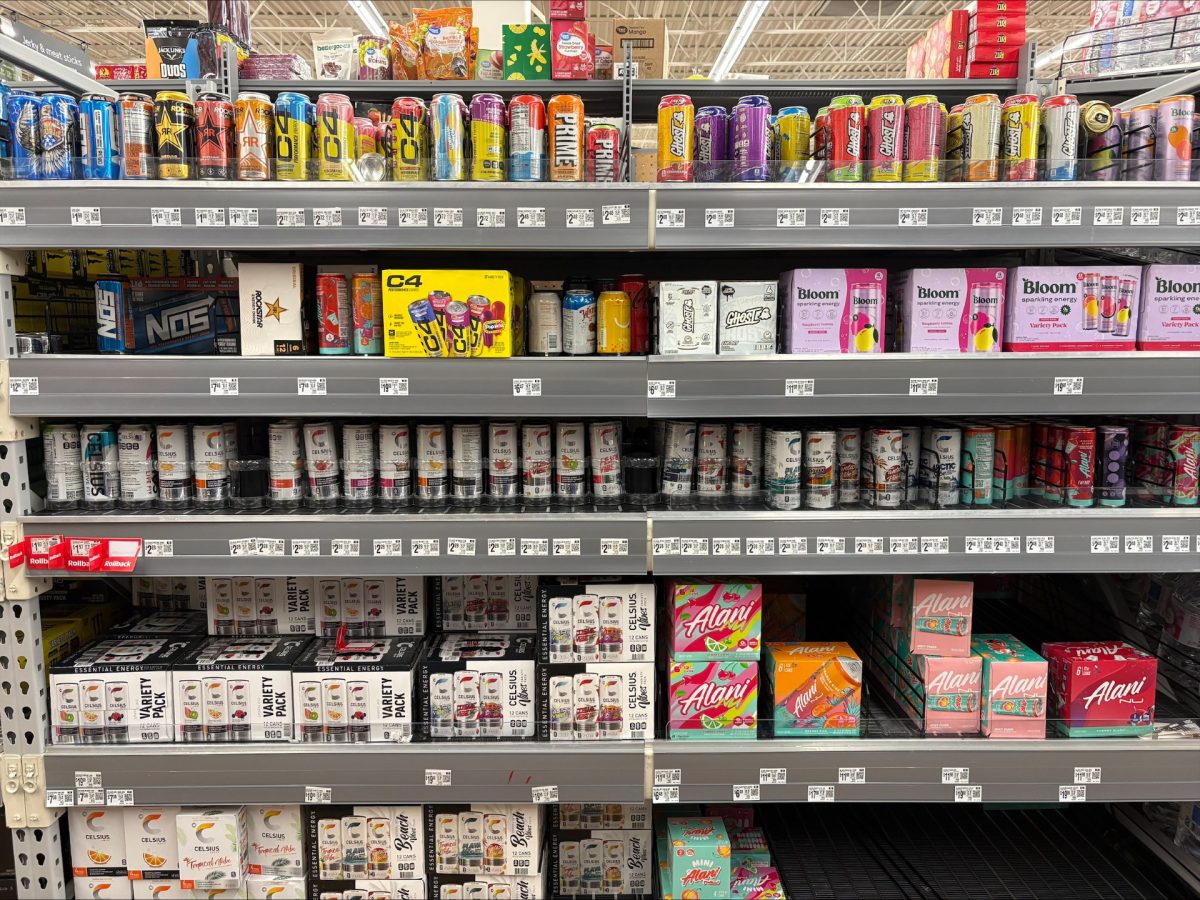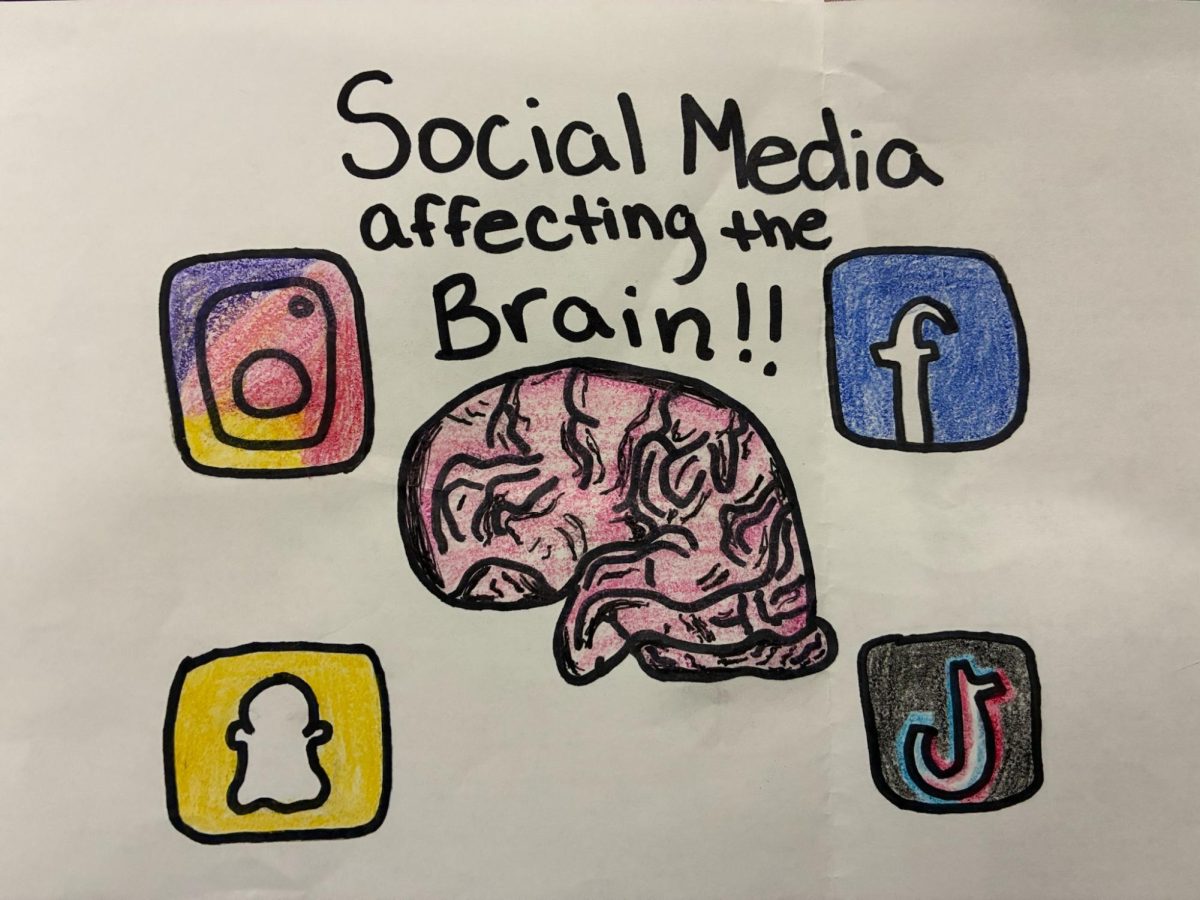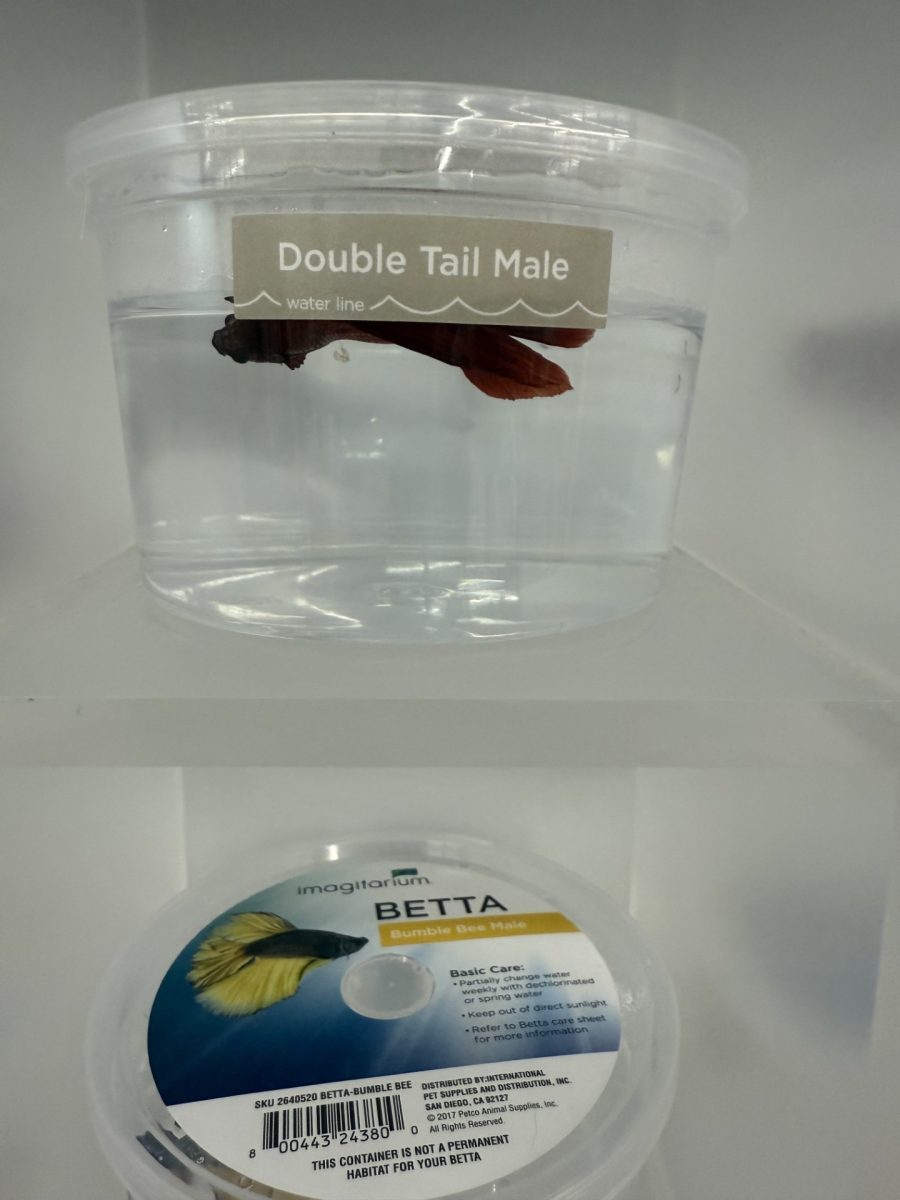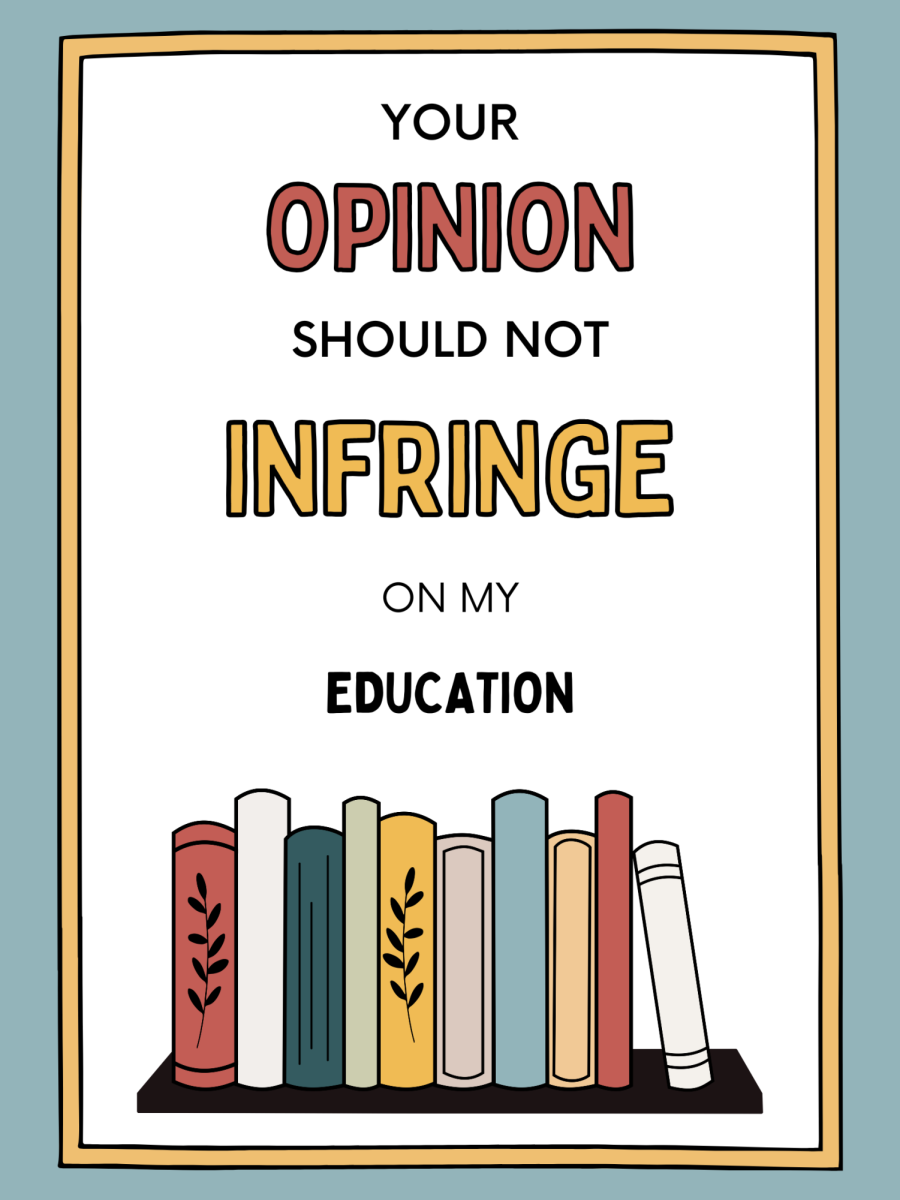Around classrooms, on desks, and in every trash can, you can see at a modern-day high school there is an energy drink to be found. In recent years, energy drinks have become the vice of choice for overtired teens, but what are the unseen effects?
Over the past year, energy drink sales have reached around $25 billion, and are suspected to double by 2033. Due to increased availability stores, as well as marketing campaigns directed at teens, energy drinks have become increasingly popular.
Like most things humans consume, the majority of people don’t actually know what’s in energy drinks. Besides the suspected sugar and caffeine, common ingredients include taurine, carnitine, and guarana. Taurine is a derivative of an amino acid which, in abundant levels, essentially increases the interaction between your brain cells. Carnitine is another amino-acid derivative which is pivotal in the creation of energy. Guarana is a plant native to the Amazon that has historically been used as a natural stimulant and medication by indigenous populations. It is used to enhance the caffeine content as it holds more caffeine than a coffee bean, however said content is unlisted.
In adults, under 500 mg of caffeine is known to increase alertness, decrease fatigue, and increase speed of thoughts and speech. However, over 500 mg can cause insomnia, tremors, and, in rare cases, seizures that don’t respond to common medication. Observed extreme health effects can be summarized by cardiac arrhythmia, acute swelling in organs, and strokes. Acute health issues that have been observed include headaches, diarrhea, mood swings/behavioral changes, and insomnia. Long term effects are unknown, as there has not been enough time to properly observe them. Between different research papers and studies, there are minor discrepancies, however the overall issues are the same.
Energy drinks have also been known to act up with certain health conditions and/or medications, including diabetes and any pre-existing heart issues. According to the Cleveland clinic, energy drinks may mess with certain medications, such as: anti depressants, anti anxiety medications, and blood thinners.
Alternatives to energy drinks are recommended. Coffee, for example, is much safer; drinks like black or green tea are safer and also have reported health benefits. To increase activity without caffeine, options like coconut water, kombucha, or even sports drinks, like Gatorade, can be used. The most obvious answer to decreasing use of energy drinks is to not need energy enhancers. Eating balanced meals, drinking enough fluids, decreasing stress, and getting enough sleep can naturally improve energy levels.
Though research is new and can have disparities, there is an overall pattern of negative health effects. As recommended, adolescents should avoid all energy drinks and stick to alternatives or simply good old-fashioned sleep. Though these sugar filled drinks are tasty, the overall effects on one’s health can leave a nasty taste in their mouth.
All information was found from the Harvard Medical School, Cleveland Clinic, and the National Library of Medicine.









